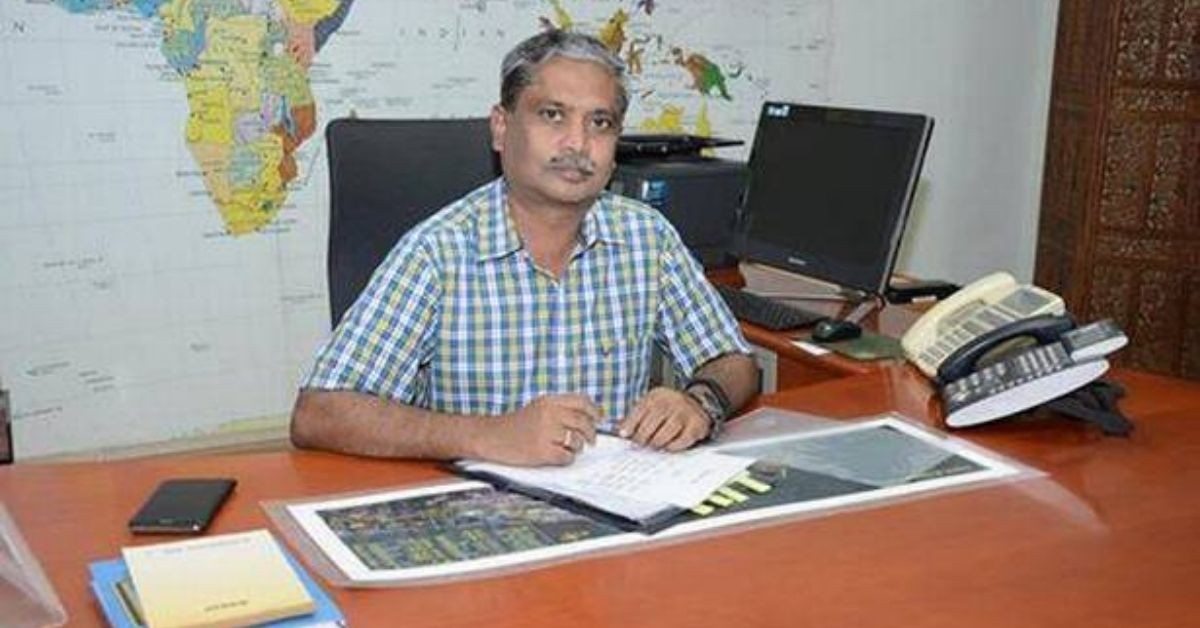The Chennai Port Trust has brought vessel-related charges and concession schemes for container ships on par with Kamarajar Port Ltd (located about 18km to the north), as part of a strategy that led it to acquire the government’s 67 per cent stake in Kamarajar for ₹2,383 crore through a government-to-government disinvestment deal a year ago.
Chennai Port’s game plan in buying and turning Kamarajar into a wholly-owned unit was to tap the resulting operational synergy and effectively tackle competition, check diversion of cargo to the nearby private and non-major ports, and increase the combined cargo volumes of the two ports.
A year later, the effects are beginning to show.
“Instead of two container terminals run separately by DP World and PSA International at Chennai Port, I consider we now have three terminals, run by PSA, DPW (at Chennai) and Adani (at Kamarajar),” P Raveendran, Chairman, Chennai Port Trust, said in an interview.
“We have brought vessel-related charges and concession schemes on par for both the ports. The rules of the game are the same for both ports. Now, the terminals have to compete with each other to attract containers,” Raveendran said.
Before the acquisition, the two terminals in Chennai contended some of the ships preferred to call at Kamarajar for its better rates.
“I have told all the container terminals (at Chennai Port and Kamarajar), that the playing field has been levelled. You bring the ships here or there, it doesn’t matter. If the ship goes to the Adani terminal in Kamarajar, that is [also] my port only,” he explained.
A few months after the Chennai-Kamarajar deal, JSW Infrastructure Ltd bought two bulk cargo handling terminals at Kamarajar Port from the Chettinad Group, raising the prospect of JSW diverting its cargo from Chennai Port to Kamarajar.
The move would have hurt Chennai Port. But not anymore.
JSW brings flux (a chemical cleaning agent used in the steel industry) to Chennai Port and exports iron and steel through it.
“Our fluxes traffic is better (compared with) last year. JSW was handling 2-3 million tonnes (mt) earlier. Now, JSW will divert some cargo from Krishnapatnam port. Whatever was handled by JSW between Kamarajar and Chennai Ports last year or the year before that, it will now be more put together,” Raveendran said.
Skill pool
Immediately after the deal, Chennai Port and Kamarajar signed a memorandum of understanding on the utilisation of excess technical manpower at Chennai Port.
To meet any shortfall, Kamarajar will first tap the manpower pool at Chennai Port rather than making any fresh recruitment.
Continuing to be employees of Chennai Port Trust, their salaries during the deputation period will be paid by Kamarajar Port, in addition to an allowance as incentive. Moreover, for executing projects, Kamarajar Port earlier used to employ project management consultants from outside. That has ended.
“This work, by default, will now be done by engineers from Chennai Port at rates agreed internally,” Raveendran added. “This synergy was exactly the idea behind the acquisition of Kamarajar,” he said.
Earlier, when Chennai Port and Kamarajar fought for cargo, competitors gained. Now, there is one less competition, he added.
Source : The Hindu Businessline







